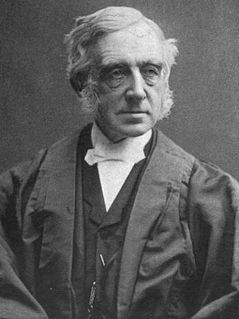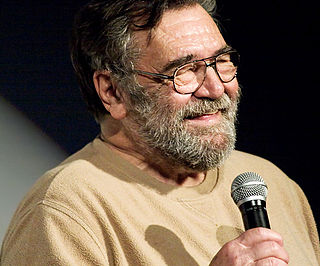A Quote by Isaac Asimov
The bible must be seen in a cultural context. It didn't just happen. These stories are retreads. But, tell a Christian that
-- No, No! What makes it doubly sad is that they hardly know the book, much less its origins.
Related Quotes
I'm no longer religious, but the Bible fascinates me. Hardly anyone reads it anymore, but it's got everything: it's a book of poetry, it's a book of principle, it's a book of stories, and of myths and of epic tales, a book of histories and a book of fictions, of riddles, fables, parables and allegories.
I've even had people tell me that I must not be a Christian because I think climate change is real. But you know, there's nothing in the Bible that says that. The sad truth is that our thought leaders - many of them in the conservative media and politics - are the ones telling us this isn't real, and we are believing them.
"The Diagnosis" is by far my most ambitious book. I such great hopes for it... there was so much I wanted to do with the book. I was extremely insecure about it for several years. Just didn't know whether I would finish the book much less for it to come close to what I intended. I think that for any novel you never know exactly how the book is going to turn out...
I've always said if somebody wrote a book and they took their whole life to learn that knowledge in that book, why you won't just read that book to learn what they know? I have never seen anyone take a book combining Faith, personal Development and life stories that are just so practical and relatable to our own generation.
All the stories of the Bible that I know came to me first from my grandfather's lips... He would see stories in everything. He told stories very easily and very generously, so I loved him for that. He was a simple man, a Victorian; he was born in 1890-something. He saw no reason and had never seen any reason to question his Christian faith. His faith was strong and simple and that's it. And I, like his other grandchildren and the children in his parish, sheltered underneath it.
For [Louis] Brandeis, you know, ethnicity and background are much less important than facts and reason. And he believes that far from wanting to efface our diversity of perspectives, we have to embrace it because that makes us more American, not less. In that sense, he's incredibly modern in an age of cultural pluralism. And it is disappointing for just the reasons you say that not everyone has embraced his pluralistic vision.
What I mean by context is worldview - having the ancient Israelite or first-century Jew in your head as you read. How would an ancient Israelite or first-century Jew read the Bible - what would they be thinking in terms of its meaning? The truth is that if we put one of those people into a small group Bible study and asked them what they thought about a given passage meant, their answer would be quite a bit different in many cases than anything the average Christian would think. They belonged to the world that produced the Bible, which is the context the Bible needs to be understood by.




































